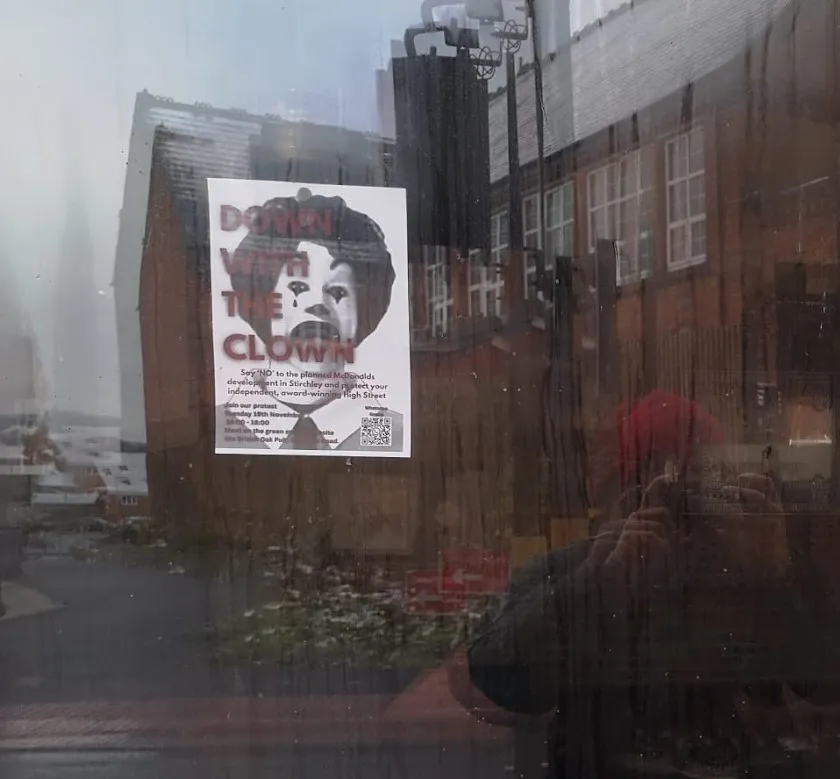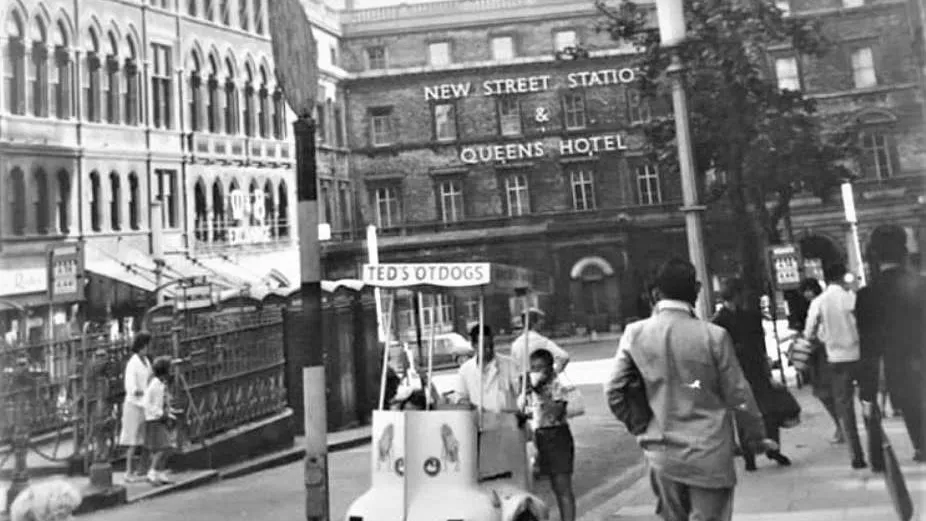
The thing about Stirchley is it’s quite tiny. According to the council’s political boundaries, it’s the sixth smallest ward in the city. A short mishmash of variable quality terraces and retail frontages on Pershore Road, a few short residential streets and one labyrinthine warren of housing, the exotically named Pineapple Estate — that’s the whole area. You can bypass the circa 10,000 people that call it home, myself included, in the time it takes to look down and answer a couple of phone messages. But, notwithstanding its scale, Stirchley has an, increasingly, outsized reputation. It’s an area that has made national headlines recently: because it is now very desirable — a success story of small plates and craft beer amidst Birmingham’s wider struggles. However, the tensions that simmer just below the parquet flooring and imported Afghan rugs of the area, regarding affordability, housing, class, corporate interests and taste have come to the fore over the controversial bid to build a McDonald’s.
Earlier this year, The Sunday Times dubbed the suburb ‘The Best Place to Live in the Midlands.’ You might question why. At a glance, the high street is still dominated by carpet shops, barbers, and industrial outlets. But over the past few years, a sexier kind of business has emerged between cheap haircuts and screwdrivers. This has caught broadsheet journalist’s eyes. One can now find small plates of wild oysters, vermouth and apricot soda cocktails (sold by a world-best cocktail bar) and award-winning local craft beers in several hip breweries. These offerings, along with a described sense of community and good amenities, have won Stirchley its crown. But in Birmingham, at least among professional class friends, what The Sunday Times has recently learned was already well known. My living here is seen as enviable by some. Stirchley now outstrips bourgeois-bohemian Moseley, the traditional haunt of those with disposable cash, as the place to go out or put down roots. “Moseley is done,” one friend tells me, after a couple of pints, admittedly. “I want to be in Stirchley,” they proclaim.
Birmingham deserves great journalism. You can help make it happen.
You're halfway there, the rest of the story is behind this paywall. Join the Dispatch for full access to local news that matters, just £8/month.
SubscribeAlready have an account? Sign In







